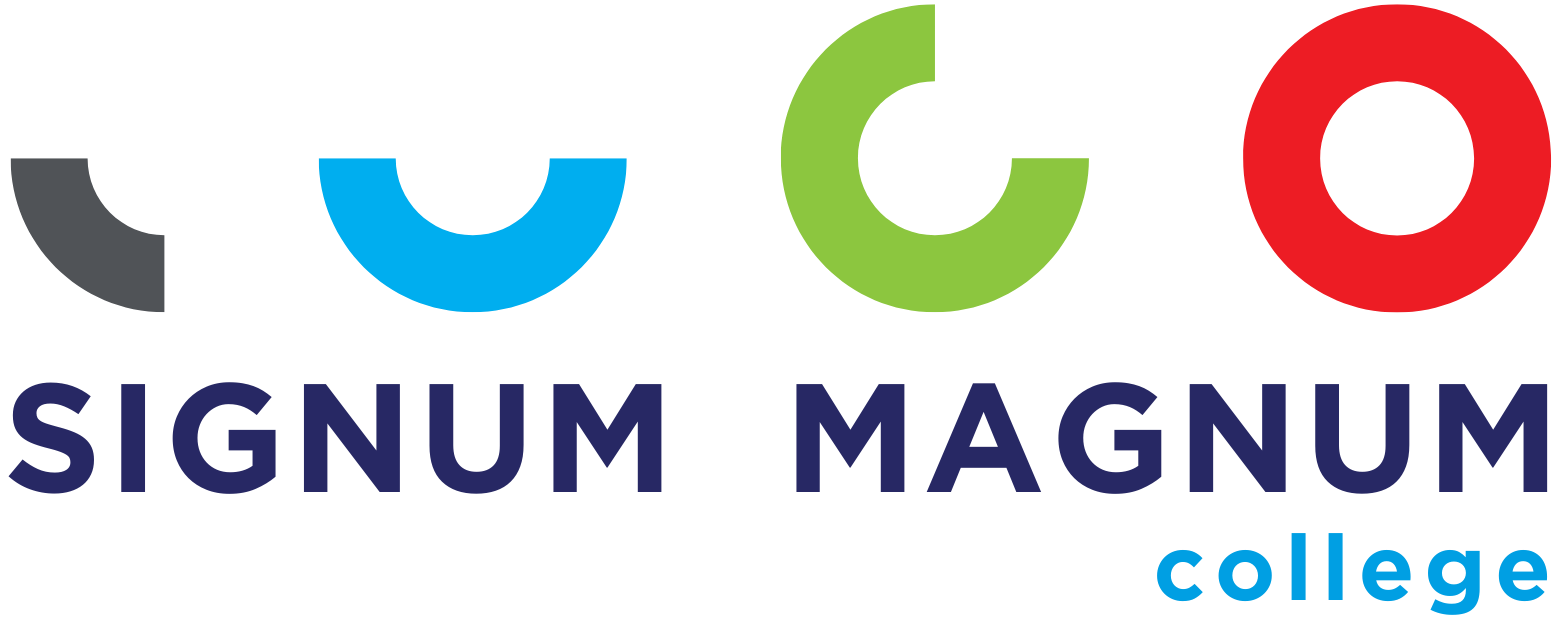a great future needs great leaders
we help you make a difference in the world by providing you future trends and interactions of revolutionary technologies, business skills, and opportunities.
The G.O.A.T. of online MBA programs
The Transknowlogy MBA
A multi-institution Master degree program with courses and credits from the world's leading universities.
Write your awesome label here.
Write your awesome label here.
Bachelor of Business Administration
Obtain your accredited degree online for just €99 per month. Study at your own pace from anywhere in the world.
Flexible For-credit Courses
Save time and money. Earn credits for transfer towards your college degree.
\Learnworlds\Codeneurons\Pages\ZoneRenderers\CourseCards
Free Courses
\Learnworlds\Codeneurons\Pages\ZoneRenderers\CourseCards
Become a Transknowlogy Representative
Earn ongoing monthly income by joining our free affiliate program
Join our newsletter
Get updates on opportunities, news, and more right in your mailbox.
Enter your email for early access.
Our team will get in touch with you for a personal onboarding.
Our team will get in touch with you for a personal onboarding.

